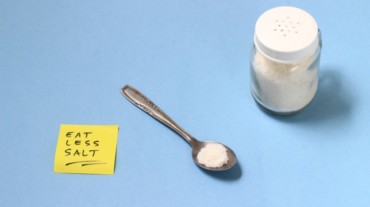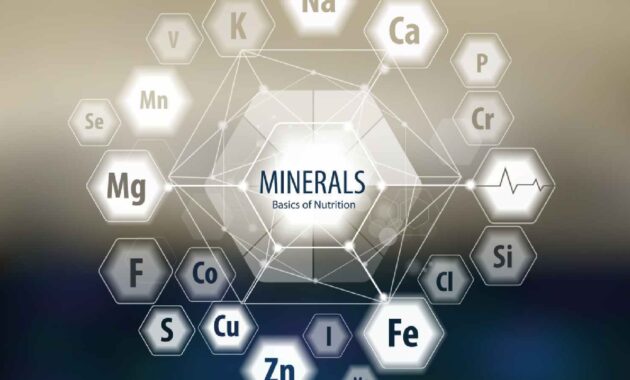Minerals are vital nutrients that the human body requires in small quantities to function effectively. In essence, minerals are elements found in the earth and in food that our bodies require for normal development and functioning. The minerals essential for good health include calcium, phosphorus, potassium, sodium, chloride, magnesium, iron, zinc, iodine, chromium, copper, fluoride, molybdenum, manganese, and selenium. These minerals support the development and proper functioning of our bodies. Understanding the different minerals and their functions can help ensure that you meet your mineral requirements.
They play a crucial role in various physiological processes and are necessary for maintaining optimal health. It is important to maintain a well-balanced diet that includes a variety of foods to ensure an adequate intake of these minerals. Imbalances or excessive amounts of certain minerals can lead to health issues, therefore it is crucial to be mindful of your diet and, if necessary, seek guidance from a healthcare provider or nutritionist to address specific mineral needs or concerns.
Why are minerals important for health?
Minerals are important for numerous bodily functions, serving as co-factors in enzymatic reactions, maintaining fluid balance, supporting nerve transmission, and ensuring the strength of bones and teeth. These elements are crucial for metabolism, cellular function, and overall physiological balance.

For instance, electrolytes like sodium, potassium, and chloride are essential minerals that help regulate fluid balance within and around cells. They play a vital role in proper nerve function, muscle contraction, and maintaining blood pressure.
Iron is a critical component of haemoglobin, the protein found in red blood cells that binds and transports oxygen throughout the body. Insufficient iron levels can hinder the effective transport of oxygen. Zinc is necessary for the proper functioning of the immune system, aiding in the development and activation of immune cells and defending against infections. Calcium is essential for blood clotting, a process that prevents excessive bleeding when injuries or wounds occur.
Deficiencies or imbalances in minerals can lead to various health issues, including weakened bones, anaemia, muscle cramps, and impaired immune function. Therefore, maintaining a balanced diet that incorporates a variety of mineral-rich foods is crucial to ensure an adequate supply of these vital nutrients. In some cases, mineral supplements may be necessary, but it is important to consult with a healthcare provider or nutritionist to determine the appropriate supplementation and dosage.
Important minerals your body needs
- Calcium is essential for bone strength, muscle function, nerve signalling, and blood clotting.
- Iron is vital for transporting oxygen and energy production.
- Magnesium supports muscle and nerve function, energy, metabolism and bone health.
- Zinc is important for immune response, wound healing and skin health.
- Potassium regulates fluid balance, muscle contractions, and nerve function.
- Sodium maintains fluid balance, nerve signalling, and muscle function.
- Phosphorus is crucial for bone health, energy metabolism and cell structure.
What are the different types of minerals?
Minerals can be categorised into two main groups:
Macro-minerals: These are required in larger quantities and include calcium, magnesium, phosphorus, sodium, potassium, and chloride.
Trace minerals: These are needed in smaller amounts and encompass iron, zinc, copper, manganese, iodine, selenium, and fluoride. These minerals can be obtained by dairy, leafy greens, fortified foods, beans, nuts, seeds, whole grains, meat, shellfish, and legumes fruits vegetables, table salt and processed foods.
Functions of the most important minerals and their sources
Side effects of too much minerals in diet
While minerals are essential, excessive intake can lead to health issues. For instance, too much sodium can elevate blood pressure, and excessive iron consumption can result in toxicity. Moderation is key to reaping the benefits of minerals without the risks.
Incorporating mineral-rich foods into our diets, and maintaining a balanced intake, we can harness the power of these micronutrients to lead healthier lives. As always, consulting healthcare professionals or registered dietitians can provide personalized guidance to ensure we’re meeting our mineral needs effectively.
#Minerals #Benefits #Types #Sources #Side #Effects
